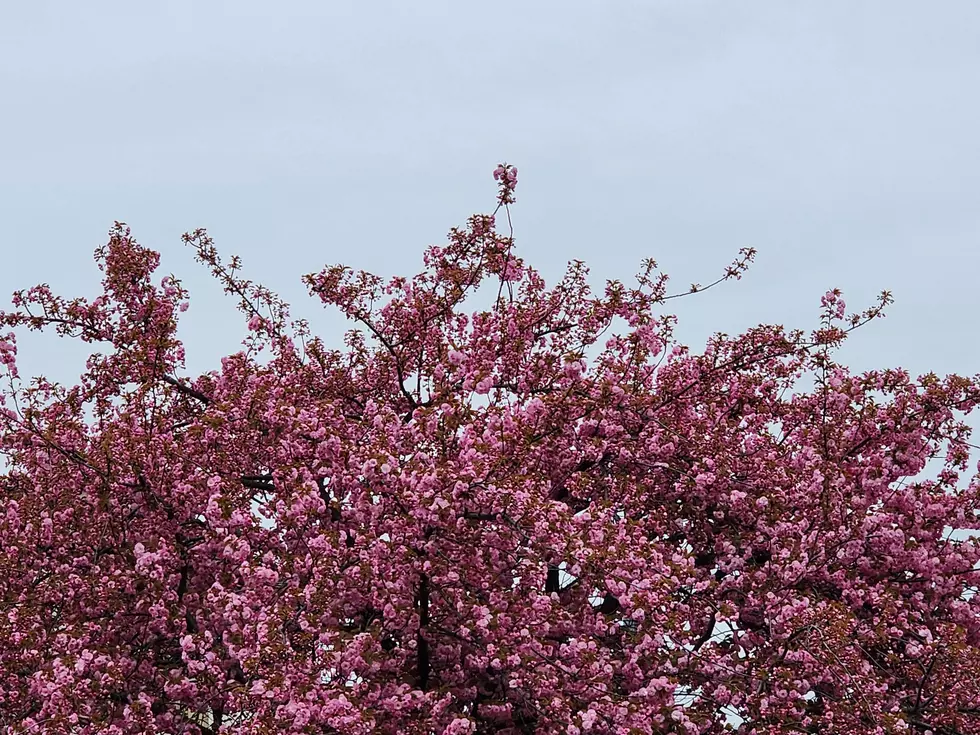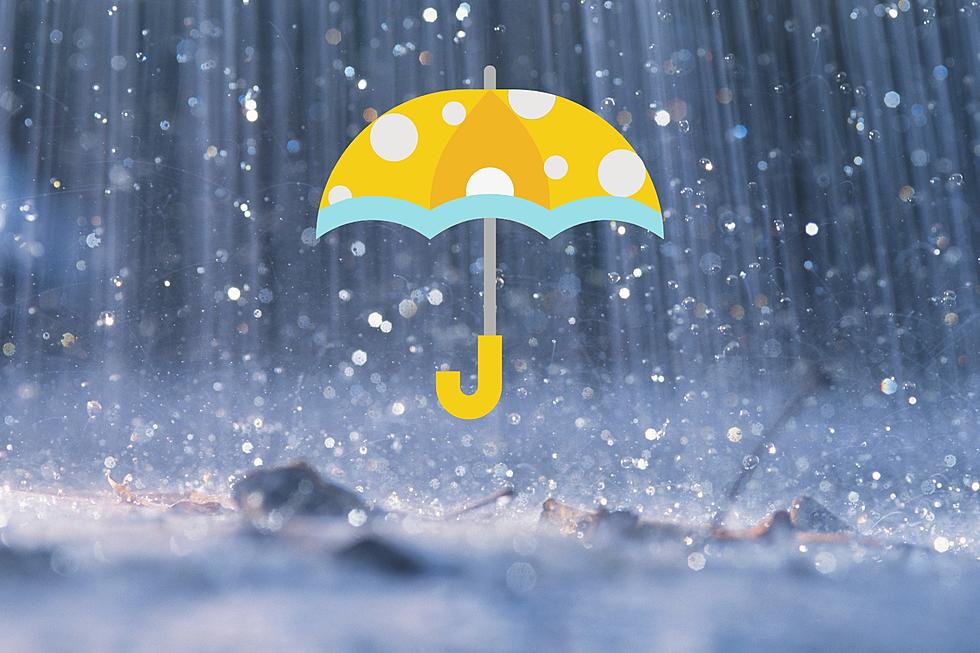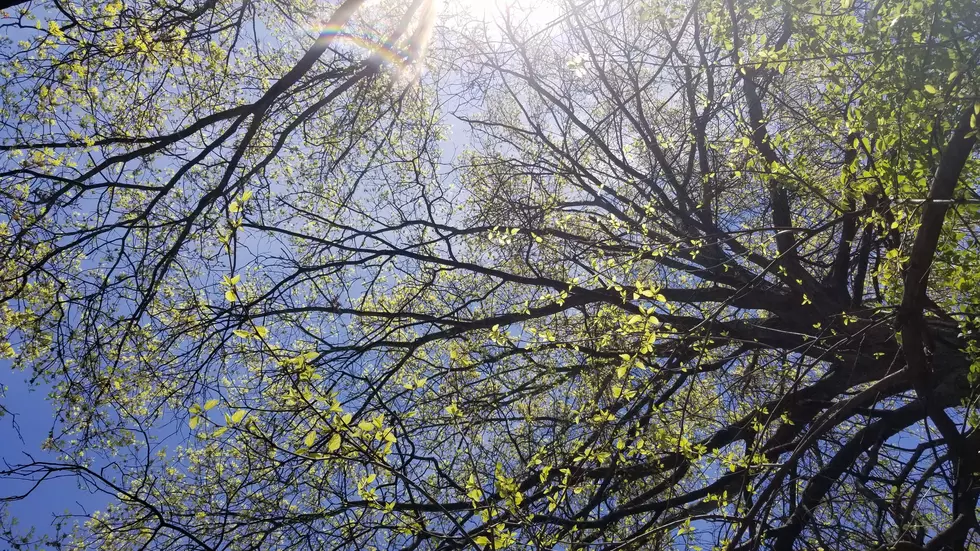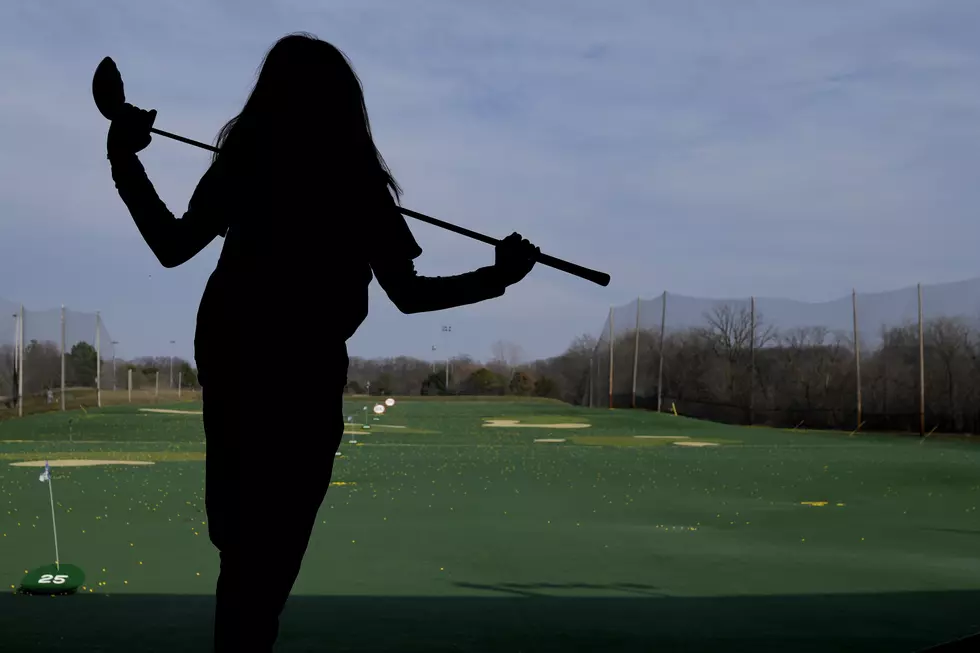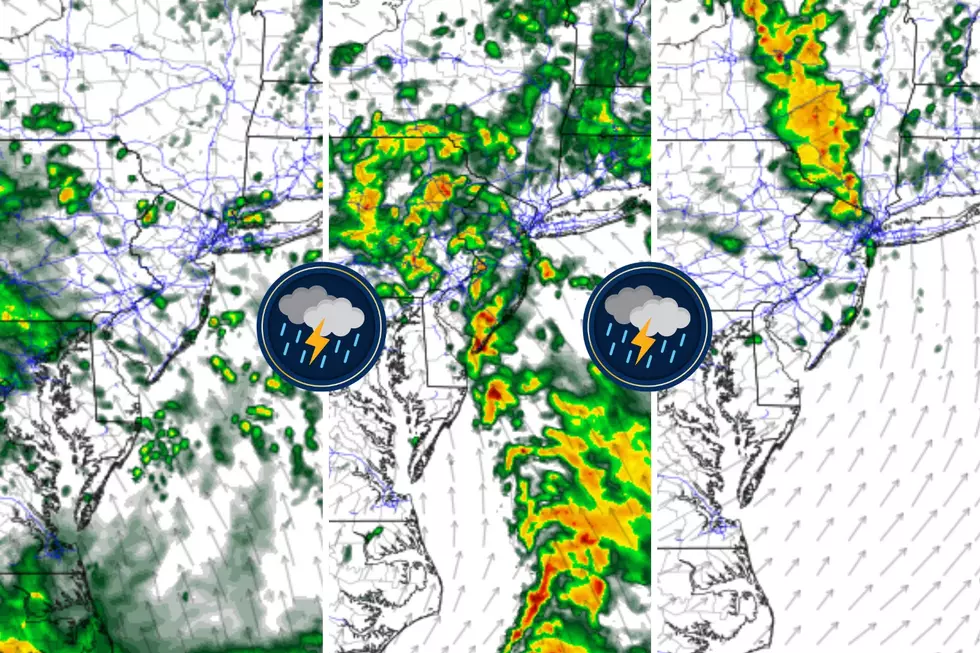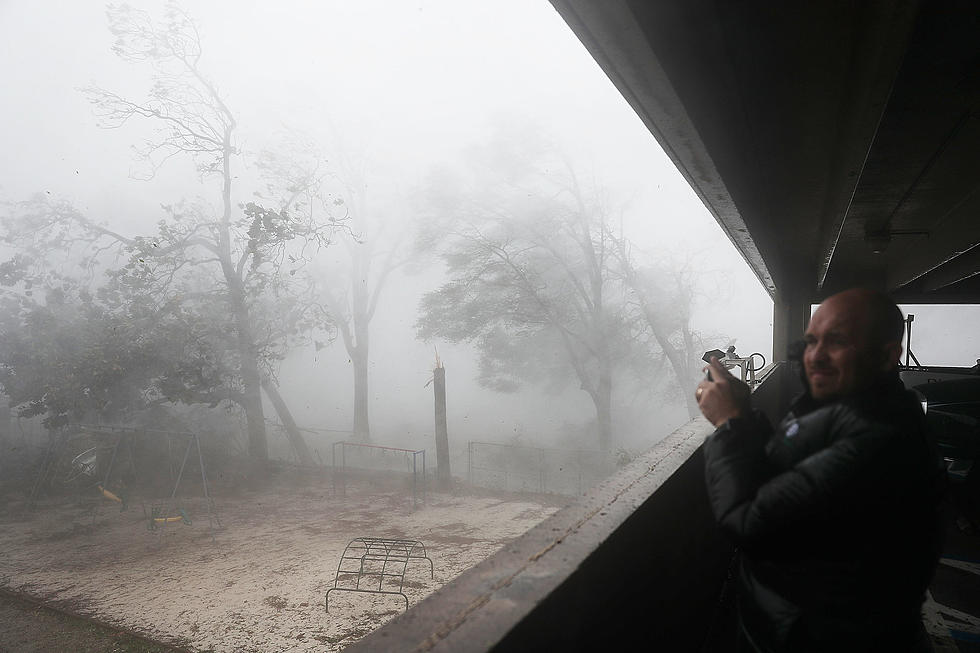
Reporting Live From the Middle of a Storm: Just Stop Already!
Meteorologists, reporters, and storm chasers are a little crazy in general. Putting yourself in the brunt of a major hurricane is beyond crazy.
I've been there. Sort of. In my broadcast career, I've done live reports from blizzards and during tropical storm preparations. I even called in during a tornado chase in the Texas panhandle (we were a full 30 miles away from the storm, FYI).
I loved storm chasing. But there's a safe way to chase tornadoes. There is not a safe way to chase a hurricane producing a foot of rain, a foot of storm surge, and 155 mph winds.
Have you seen the videos from journalists (professionals) and storm chasers (amateurs) alike, showing the first-hand devastation along the Florida panhandle as Hurricane Michael came ashore? Flying debris, crashing surf, widespread flooding, blinding rain. Ridiculous. And really quite stupid.
If my news director or executive producer told me to go out in the middle of an almost Category 5 storm like Michael, I'd tell them to take a hike.
The "breaking eyewitness OMG you-have-to-see-this news" format has been around for decades. (According to Wikipedia, the format was created at KYW in Philadelphia in the 1960s.)
But is that strategy really effective or necessary anymore, specifically during an historic natural disaster like this? Why can't we just utilize remote cameras to achieve the same viral "look at this" moment without putting reporters and photographers in harm's way?
More importantly, why aren't we sending the message that it's way too dangerous for anyone to be out in the storm right now? Why don't broadcasters follow our own advice?
Despite the modern-day trend toward Facebook Live streams and viral videos, I truly believe it's time for the "live from the storm" practice to end. This goes beyond accusations of "fake news" — it is unprofessional, dangerous, and really counterproductive. It's time to evolve.
More From WPG Talk Radio 95.5 FM
